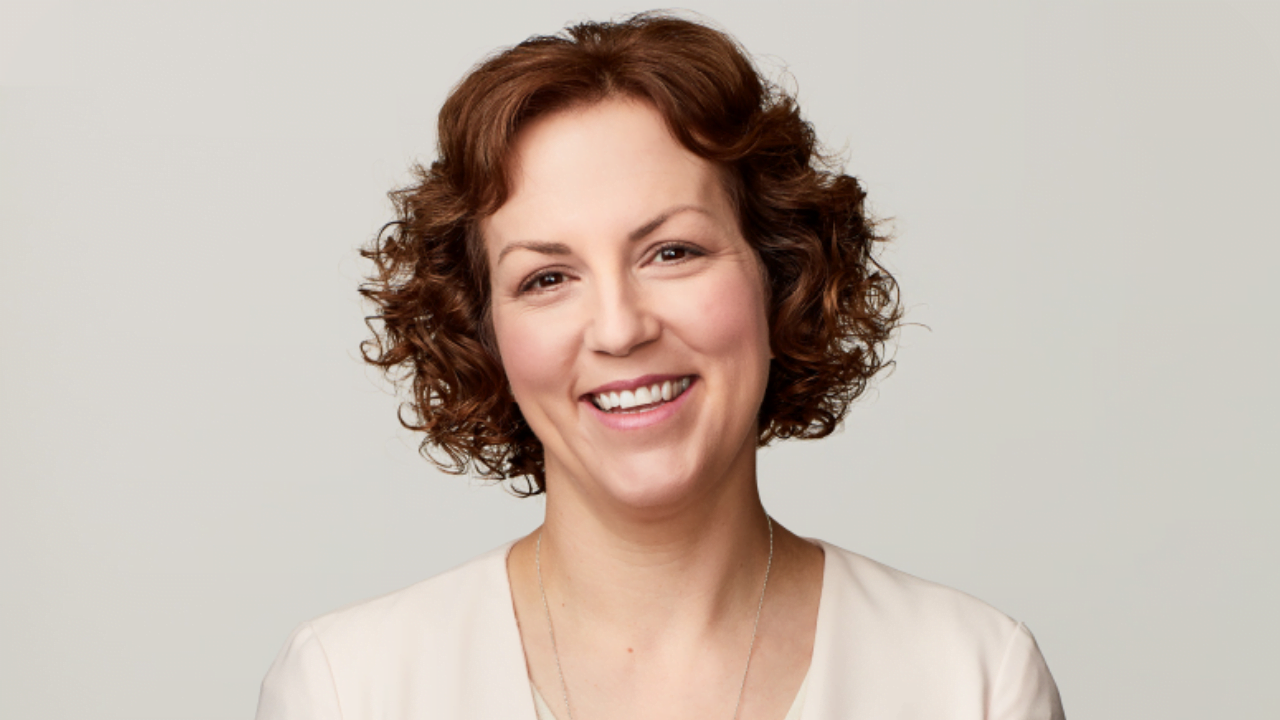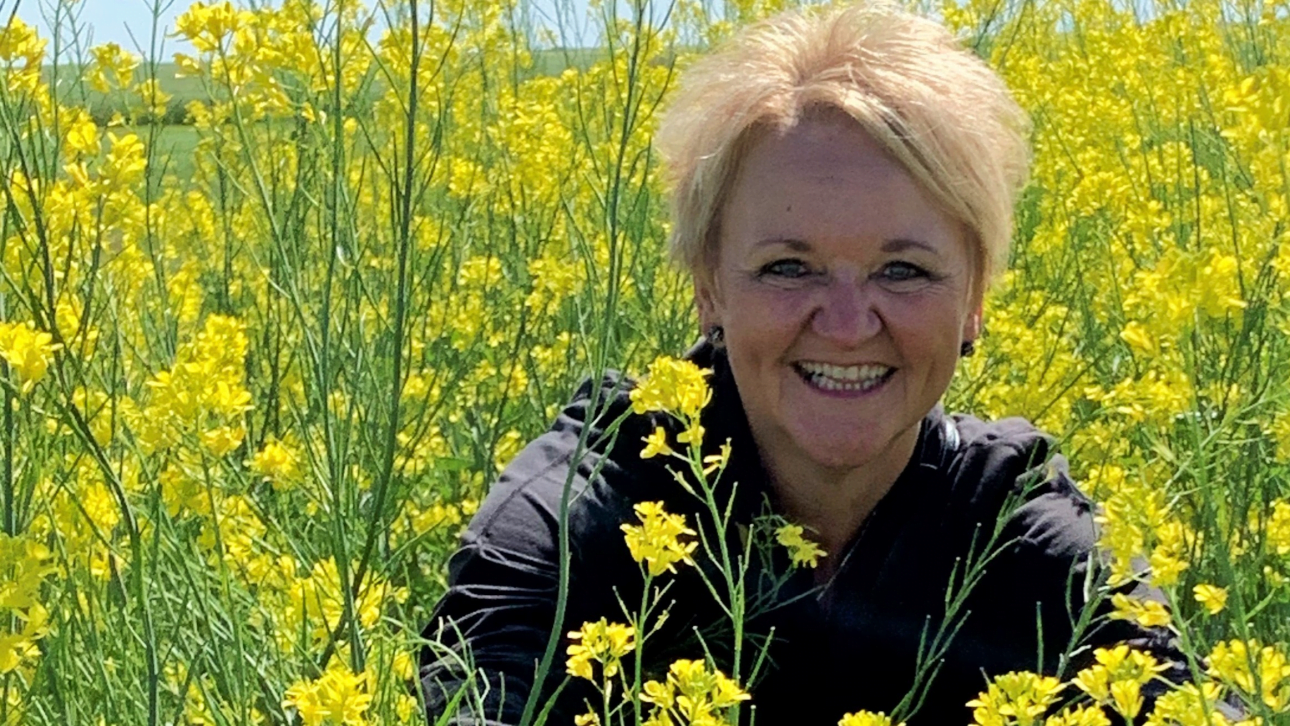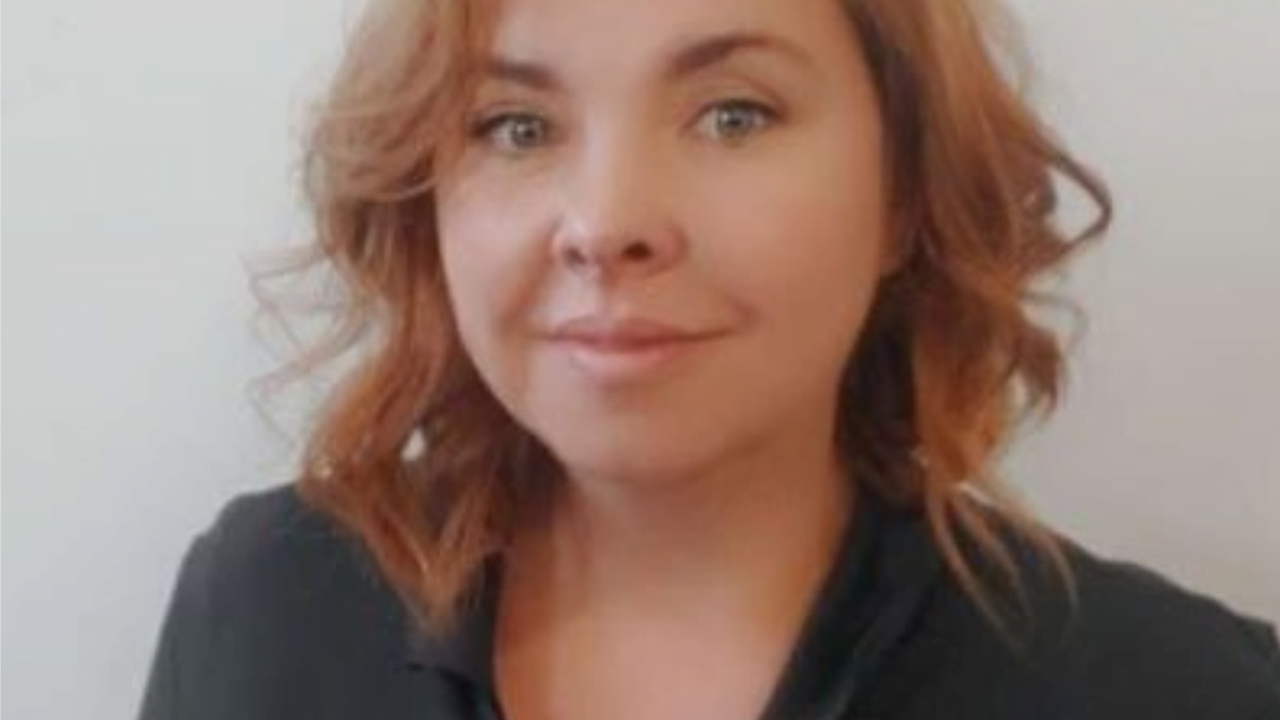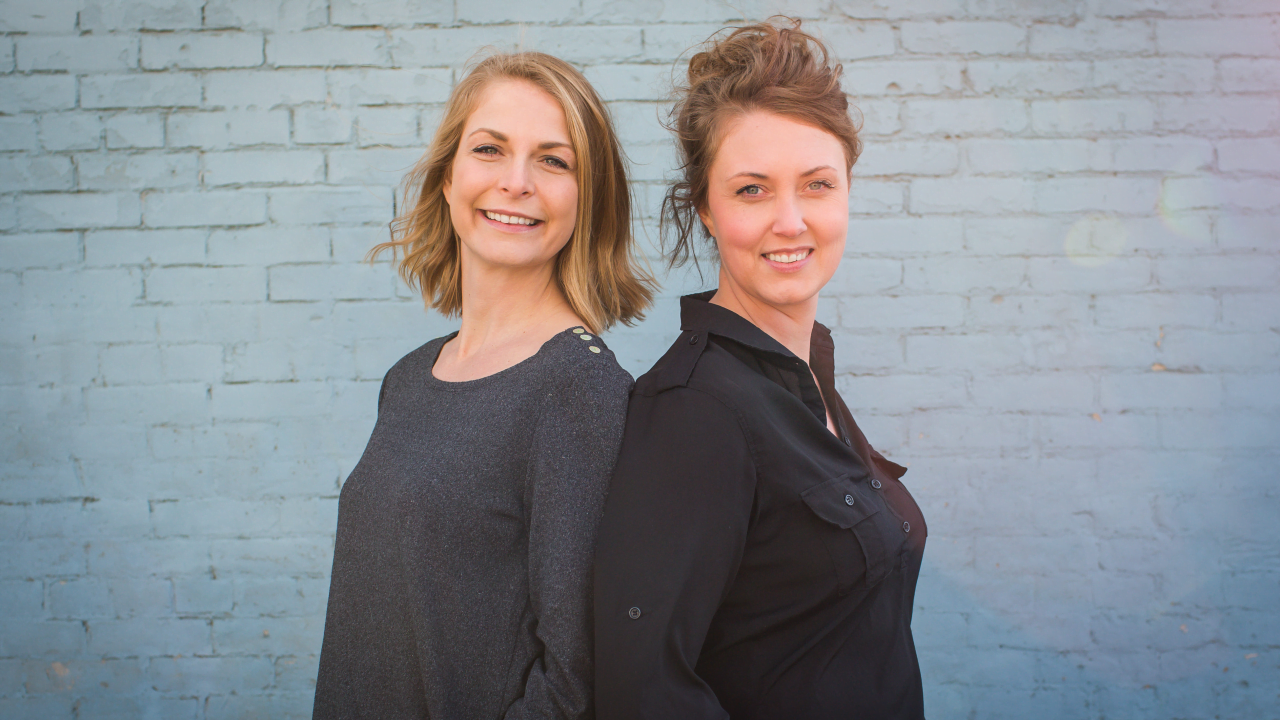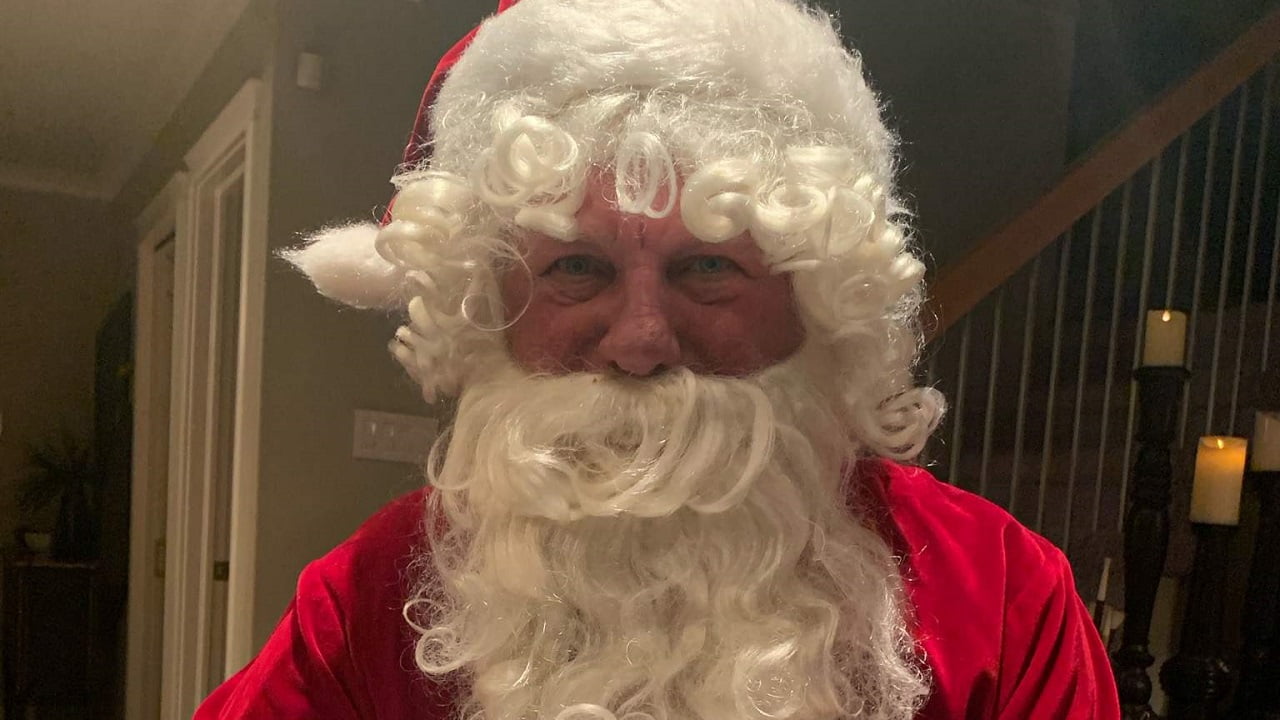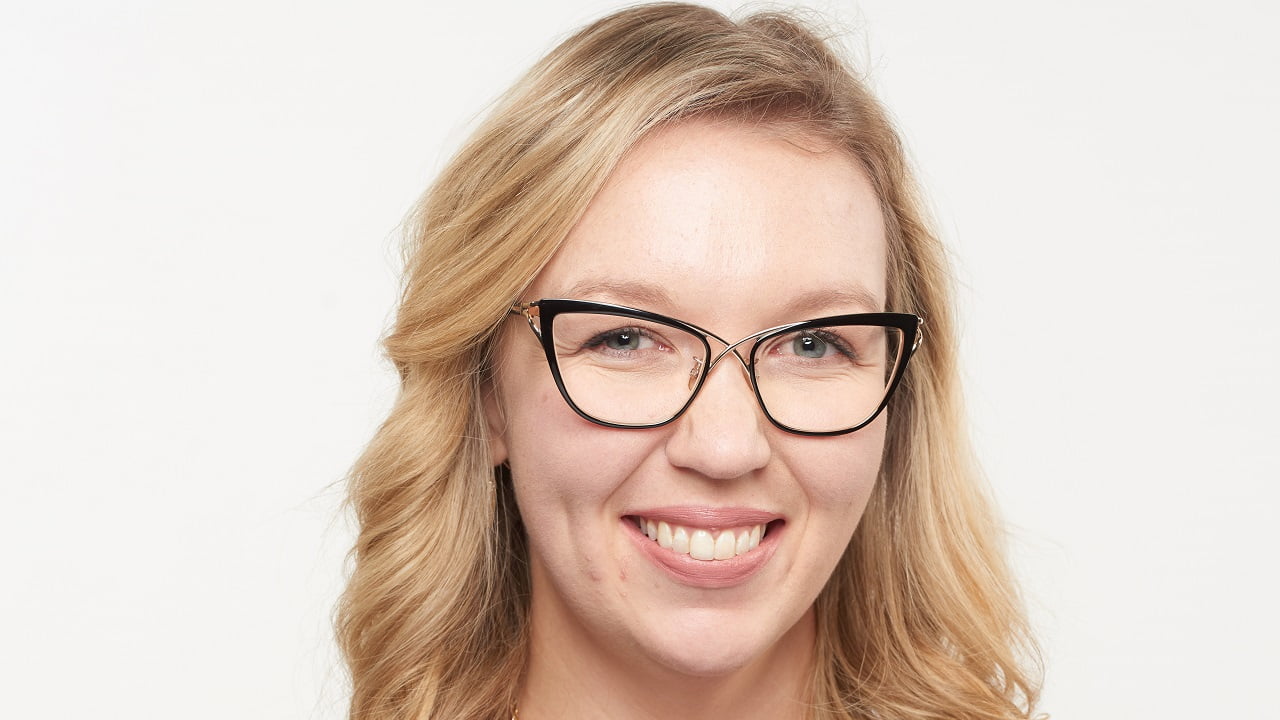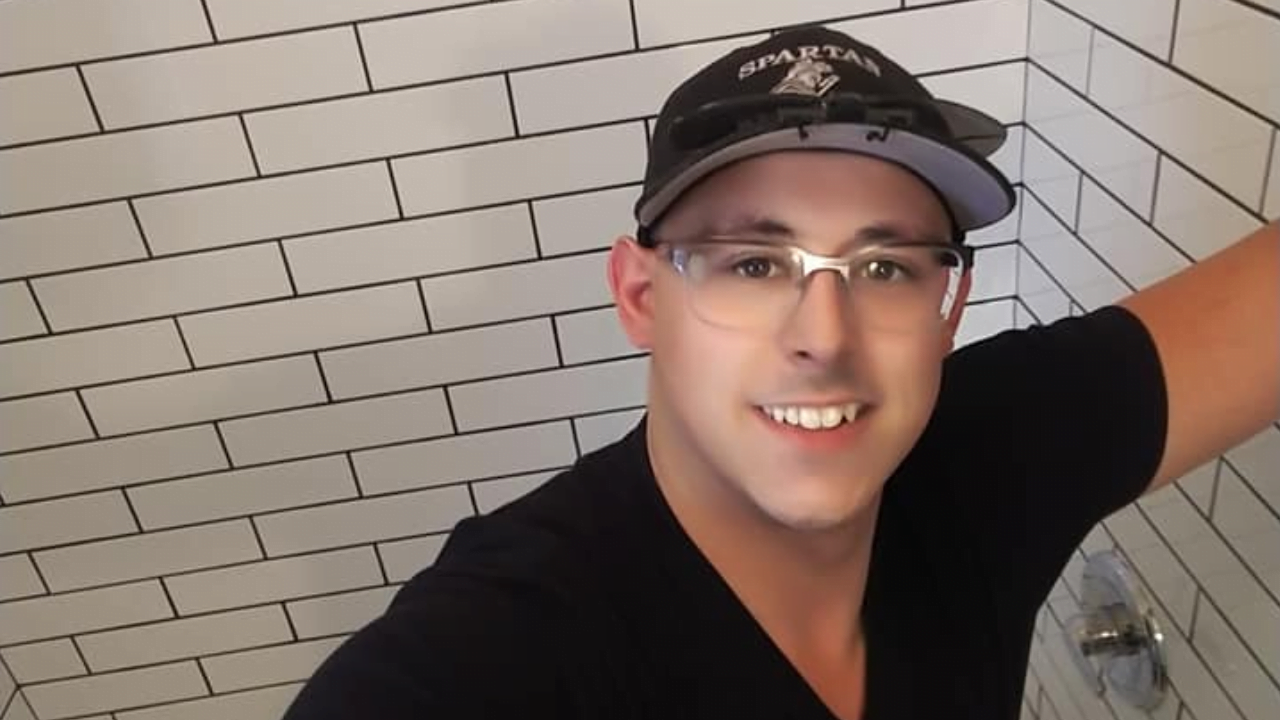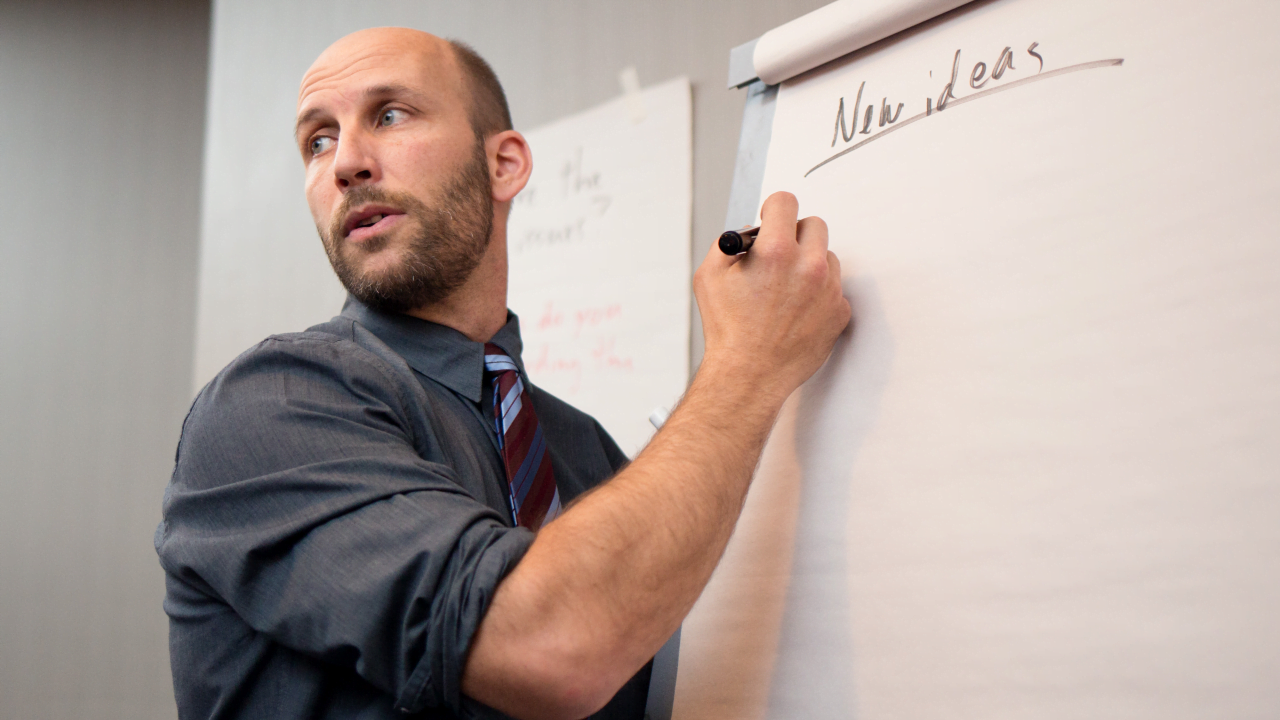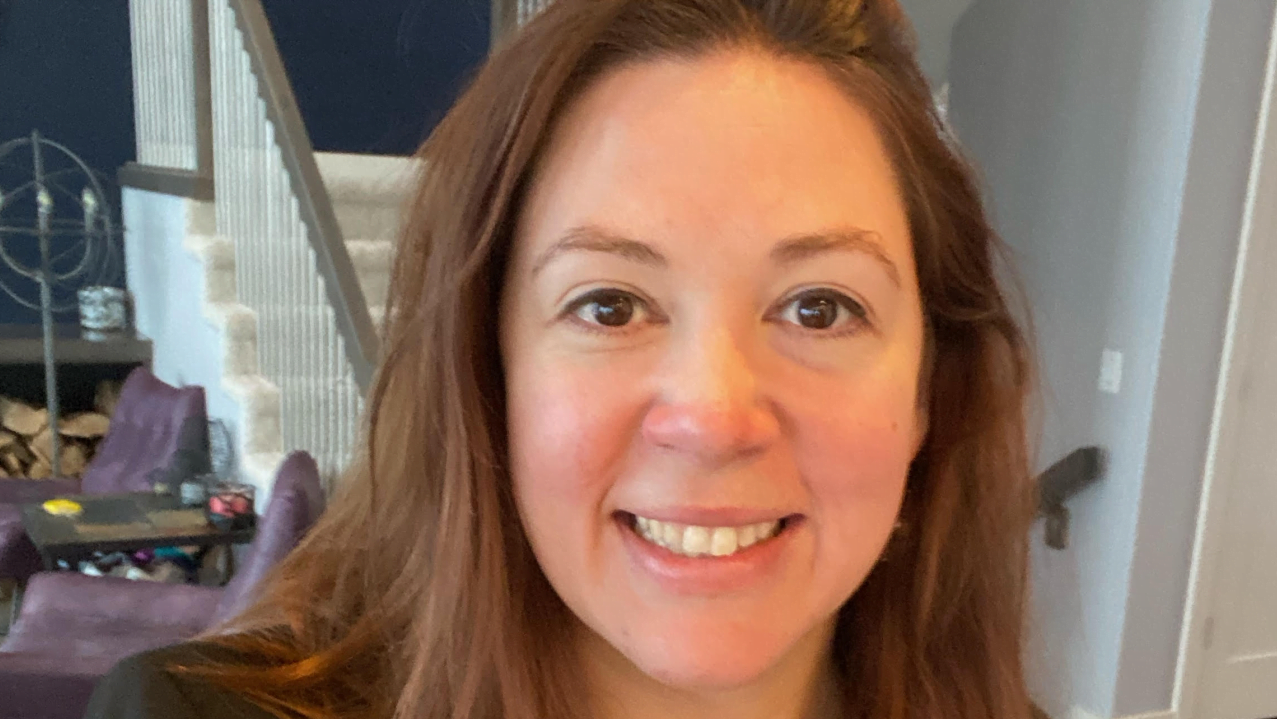Secret Life Ep. 63 with Mary Weimer from Conexus Credit Union
Barb McGrath 0:01Are you ready for radio fun? It starts Friday, October 16 at 4pm and ends on Friday, October 23 at 4pm. This year, we’re looking to raise $20,000 to reach our 20 for our 20th anniversary, which is next year, donations of $50 or more will receive limited edition gifts and every donation of $25 is entered in a draw to win one of two special prize packages at the end of the radio THON. And I know some of those gifts so you want to make your donation. Celebrate local voices and culture by streaming, tuning in and pledging your support to 91.3 FM CJ tr Regina community radio, visit cJ tr.ca to check out our new website. And for all the details onto our show. Today’s guest is no stranger to the entrepreneurial scene. She’s done some work for the assiniboia Gallery here in Regina, which was originally founded back in 1979. She followed that work with she followed that work with hilberg and Burke here in Regina. And now she’s with connexus. And she’s responsible for the customer experience. So when you think about how your experience with any business, how it touches you, that’s what this lady is charged with looking after. So she’s got a huge portfolio. So Mary, I’d like to welcome you to the show. Mary Weimer is the chief experience officer officer at connexus. And she’s going to talk about her role in supporting that thriving entrepreneurial culture. Welcome, Mary, thank you so much for being here. Mary Weimer 1:42Well, thanks for having me, Barb. It’s a pleasure to talk to you today. So I guess yeah, like a little bit about myself. I grew up in Regina, I’ve lived here my whole life. After finishing my degree at the U of R, I got a job working for the original owners of the assiniboine Gallery. So john and Monica Kurtz, also a long, long time, Regina family and worked for them for about a year and then talk to them about taking their business over and buying their business at that time. My husband and I were not yet married, but we ended up getting married a few weeks later. So we actually always celebrate the anniversary of the gallery. And then right after the adverse our wedding anniversary, Barb McGrath 2:28Your wedding anniversary. Always interesting. Most times you see you know, somebody will get married and then they go into business together. Yes. But you guys went into business together and then still actually got married. It doesn’t work too well. Mary Weimer 2:42I always sort of think like we met. We both worked at the Y so our, our jobs, you know as high school and university students. We were lifeguards at swimming instructors at the YMCA. So I’ve always just kind of talked, you know, chalked it up to we started our relationship as co workers. That’s great. So that so that was just like a natural thing for us. And so we worked together, running the gallery well today. But since about 2010. I have worked at Hilberg and Burke, and then now at conexus. So it’s been about 10 years where my day job so to speak has not been in the gallery. Barb McGrath 3:24Yes. So was there an impetus for you that made you think you know, I want to do something a little bit different that led you to hillberg and burke led you to connects us? What was that driving force? Mary Weimer 3:35Yeah you know, my connection to Rachel Melky at Hilberg and Burke really started right around the time that I first owned the gallery, one of the first things that I did in early 1999, was get a membership with women entrepreneurs of Saskatchewan. And at the time, Rachel was a university student, and she worked part time in the office. And so it was early on in when I was first a member and I have a very distinct memory of being invited to an awards dinner. I don’t remember which one it was. But Deborah Needham, also from women entrepreneurs at the time, invited me to come and sit at this table, and Rachel was there and a few other people. And that was the first time we met. And then just over the years, watched as she did her business kind of from the you know, kitchen table, and then really started to grow it and then I distinctly remember when she left her full time job at women entrepreneurs, and went into business full time for herself and the whole Dragon’s Den, and I just kind of was watching that and then as it would happen, our businesses physically are located really close our galleries on Smith, her original sort of yellow houses on McIntyre. So you know, we’d see each other at things and Just always kind of like they would come to openings. And I just kind of followed along with the the journey and I have always been just really interested in business in general. The Art Gallery business is a wonderful business to be in. Because it’s you deal with great customers, you deal with interesting people who are artists, Barb McGrath 5:23And passionate people Mary Weimer 5:25That are so passionate about what they do exactly like on both ends of it buyers and makers. And really like hilberg and Burke is very similar. Barb McGrath 5:36Oh, absolutely. Mary Weimer 5:37It’s all, you know, the design aspect and the creation. But I definitely just had this desire, I knew the gallery, the gallery is not a business that’s necessarily like a scalable business, we’re not going to have multiple locations across the country, we’re not, you know, it’s it’s a very good local business. But that was really not the case for for H and B. And I always thought, you know, if I ever go and work
